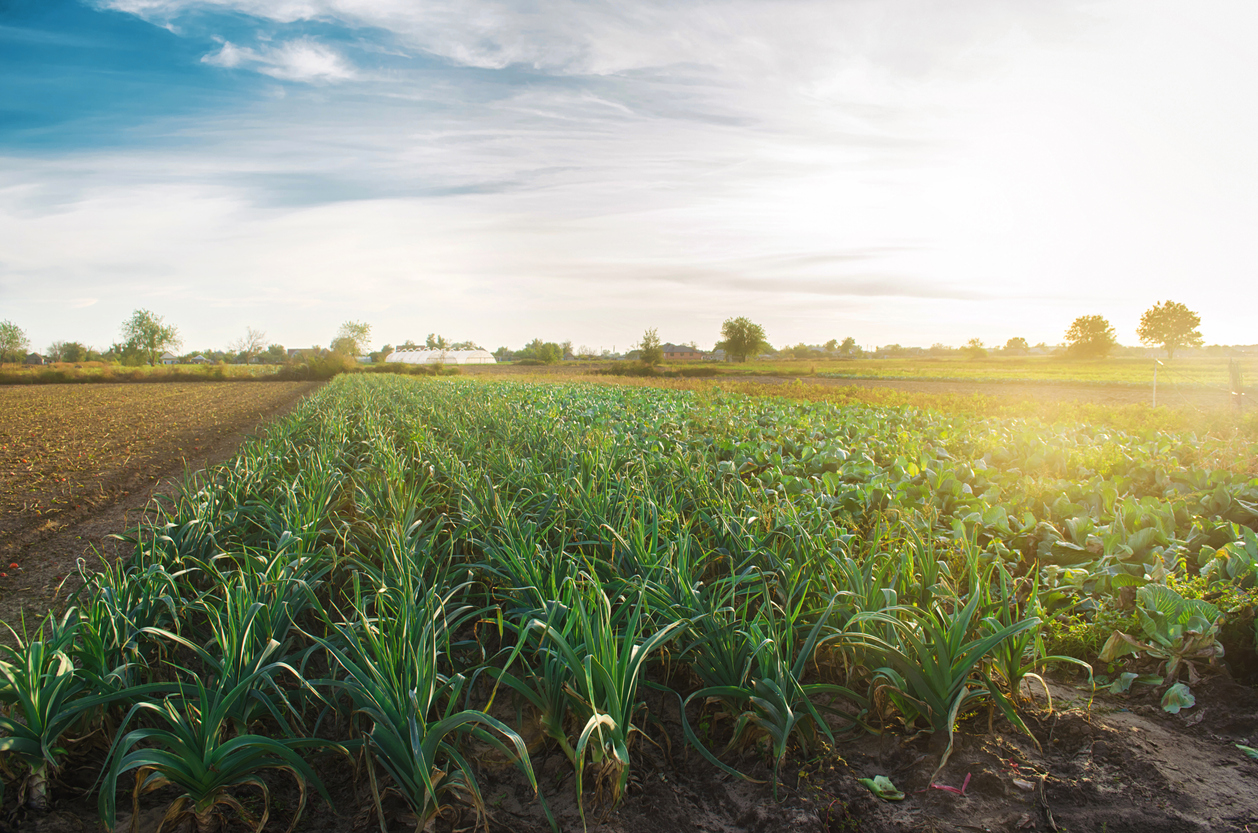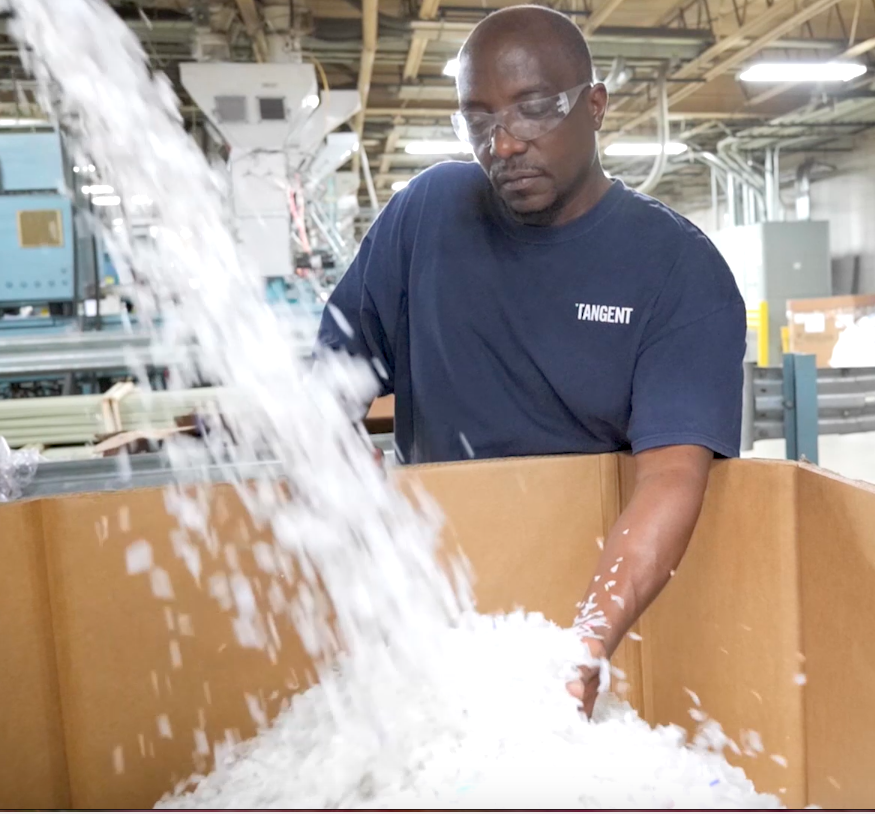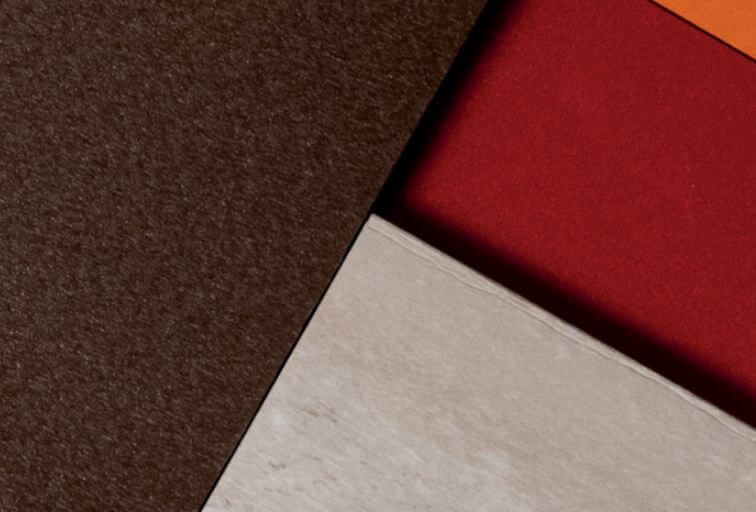Structural Plastic Lumber: Plant the Seed and Watch Your Profits Grow

Leek plantations in the bright sunny day. Growing organic vegetables. Eco-friendly products. Agriculture and farming. Agribusiness. Plantation cultivation. Selective focus
The agriculture industry is on the rise, and while this industry is growing, it also has its share of challenges due to trade, the new tax reform and the farm bill. Also, with the growing world population, farmers must implement better solutions to increase efficiency. Finding low-cost, high efficiency solutions is not always easy. Learn more about the investment of structural agricultural plastic lumber.
Another challenge is that this industry is highly impacted by existential factors that are hard for humans to control. This can lead to high unexpected costs and loss of revenue, not to mention disappointment.
It may be impossible to predict these circumstances, but one way to soften the potential blow is to prepare and plan. When installing livestock stables, fencing and trellis systems, and crop flumes (just to name a few), using a product that will withstand harsh environments and extreme conditions; provides a long-term solution for your project and keeps costs down with low-maintenance requirements that can help you reach your business goals.
Applications
Plastic lumber is a valuable alternative to wood for agricultural industry applications. The value comes from the low-maintenance requirements, durability, long life-cycle and ease of installation. While there are many applications where plastic lumber is a better option than wood, here are a few that we have found are common among our customers.
Potato Flumes/Manure Spreaders
Potato flumes and manure spreaders are important components in farming. Potato flume boards are used to store the potatoes. Due to the humid conditions, traditional wooden boards are susceptible to rot and mold.
When using wooden flume boards, contaminants come into play and can affect the precious potato crop: splinters, mold and chemicals from the wood itself. By using plastic lumber, you’re ensuring that your valuable potato crop stays safe from contaminants and ensures no splinters from flumes in the French fries.
Manure spreaders recycle manure back into the soil and help fertilize crops and fields. These machines get heavy usage and it’s important to get a long-lasting machine. Using traditional wood can break down due to the wet substance, mold and rotting. Instead, plastic lumber cleans off easily, won’t mold or rot in high moisture and will extend the life of your machine.
Using plastic lumber for potato flumes and manure spreaders can save you time, energy and money by choosing the long-term solution that will last. It will withstand the heavy humidity, moisture, and any conditions mother nature throws at it and will not break down as easily as wood.
Vineyard
Vineyard systems use many stakes and posts, and often times the trellis configurations are outdoors, so it is important for the product to stand up to harsh winds, extreme temperatures and insects. Traditional lumber can easily break down in the moist soil, and replacing the stakes and posts can cost both time and money.
Plastic lumber, however, withstands strong winds and is resistant to insects. Due to the high moisture content in the soil, traditional wooden posts will mold and rot, resulting in broken posts that can’t bear the weight of the crop. Instead, plastic lumber doesn’t mold or rot, and with many different profile options, the sturdy material will keep your grapes on the right path (upwards). Unlike pressure-treated wood and PVC, plastic lumber also won’t leach chemicals.
Fencing/Animal Containment
Containing animals, while also protecting them from outside predators and the environment is essential. Traditionally, wood or other alternatives has been used for fencing and animal containment structures. However, often times the wood breaks down and needs to be replaced.
Plastic lumber is a low-life cycle cost, high quality alternative to wood; especially when it comes to livestock. First, our smarter lumber doesn’t rot, splinter or split. When dealing with live animals, chewing and biting is a common pastime. With traditional wood, the splinters can get caught in the animal’s digestive system, which can be detrimental to their health, and often times your medical bill. The animals will also be safe from any chemicals from painted or stained wood. The animal will also have a harder time getting out of the containment because they can’t kick through it due to its strength over wood?
Another benefit to using plastic lumber for fencing and animal containment applications is that it is made out of recycled high density polyethylene (HDPE) which will not leach chemicals into the soil and can withstand extreme environments due to weather or moisture.
Ready to Use Structural Agricultural Plastic Lumber for Your Next Agriculture Project? Contact us today.












